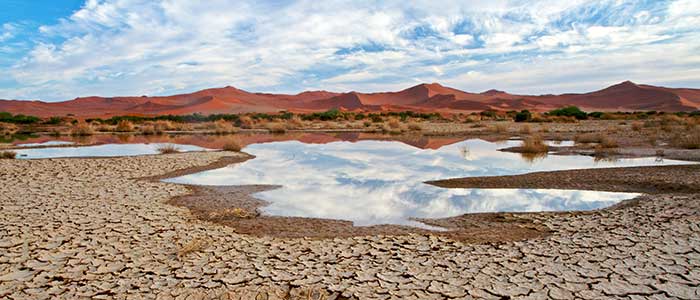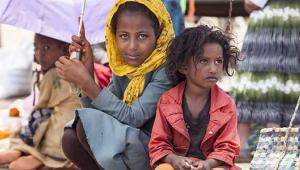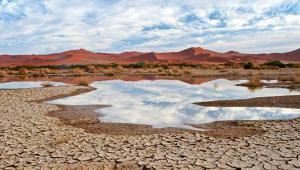Web_DroughtZambia_shutterstock_74778760.jpg

Drought in Africa
The global weather pattern plunged parts of the country into their worst drought in 30 years, exacerbating already poor harvests and leaving an estimated 18 million people in need of assistance by the end of last year. Around 7.9 million chronically insecure people are supported by a government-led programme, but a further 10.2 million are still in urgent need.
The US’s new contribution includes food for over 4 million Ethiopians and refugees, allowing the World Food Programme and Catholic Relief Services to extend their food delivery programmes for an additional three months to July 2016.
“Thanks to critical investments by the government of Ethiopia, the United States and the donor community, Ethiopia is more capable of withstanding this crisis than ever before. But with the worst of the drought still ahead, the people of Ethiopia urgently need our support,” said Gayle Smith, USAID administrator.
“By quickly providing additional resources, we can ensure that farmers are able to plant their crops and help Ethiopia bounce back from the crisis.”
While USAID noted that the scale and severity of the crisis exceeds the resilience capacities of the most affected Ethiopians and is expected to worsen and outstrip resources, improved safety nets, peace, and improved information and early warning systems mean a repeat of the country’s 1980s famine is unlikely.
During a visit to Ethiopia yesterday, United Nations general secretary Ban Ki-Moon urged donors to step up assistance to the country, warning that food security is likely to be affected for the next two years.
“Immediate support for Ethiopia will save lives and avoid preventable suffering. Immediate support will also safeguard the impressive development gains Ethiopia has made over the past years and decades,” he said.
“I urge to make the investment that is needed now, to support the Ethiopian government and people through the difficult times ahead, and to build for the future.”
Last week, the World Health Organisation urged governments to make health investments now to prevent unnecessary deaths, illnesses and costs as El Niño continues into 2016.
The US, the UK and international bodies such as the UN and the World Bank are among the donors to send funds to help alleviate the crisis since the start of last year.












